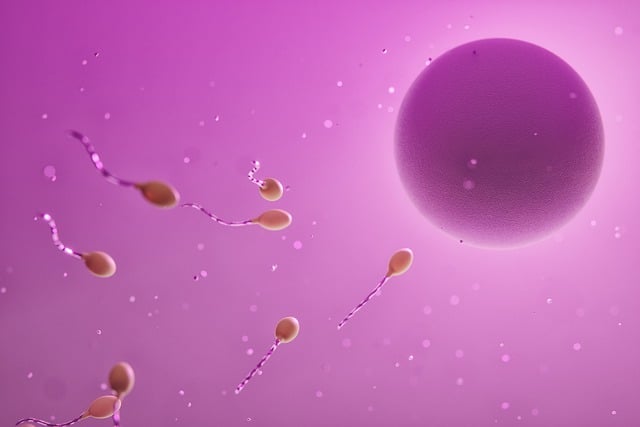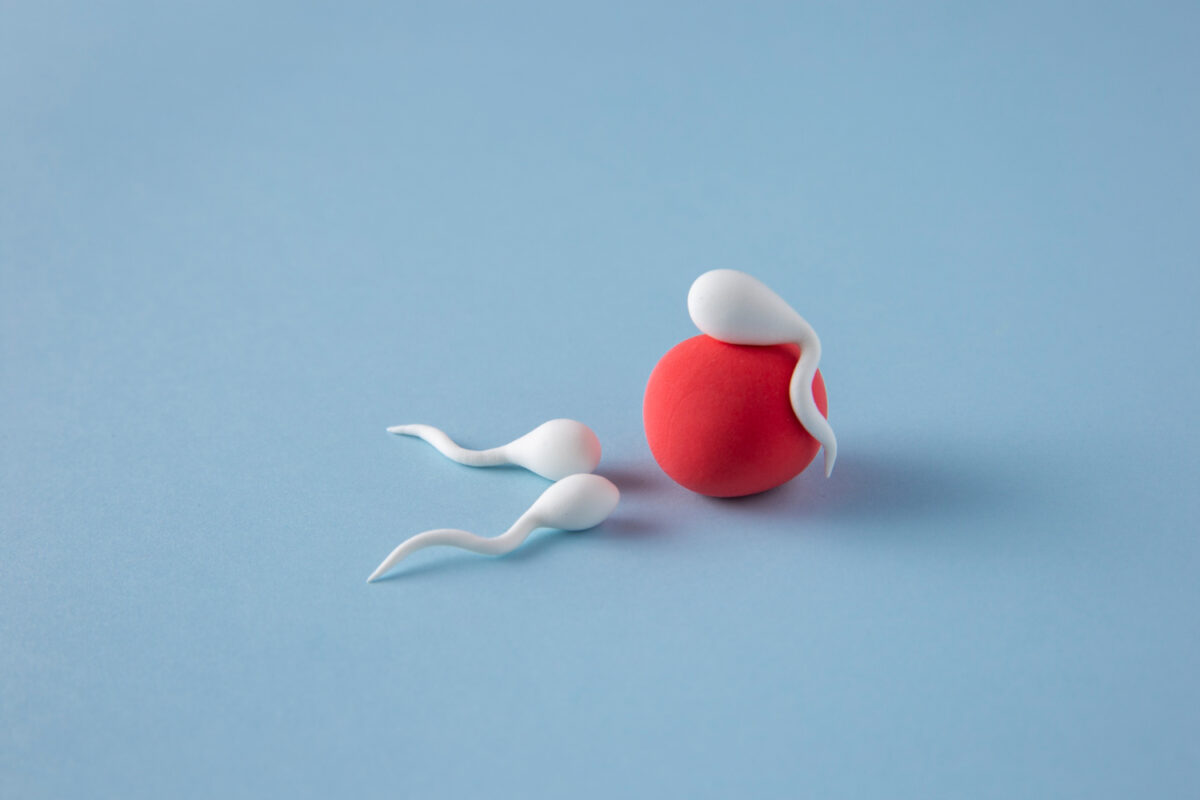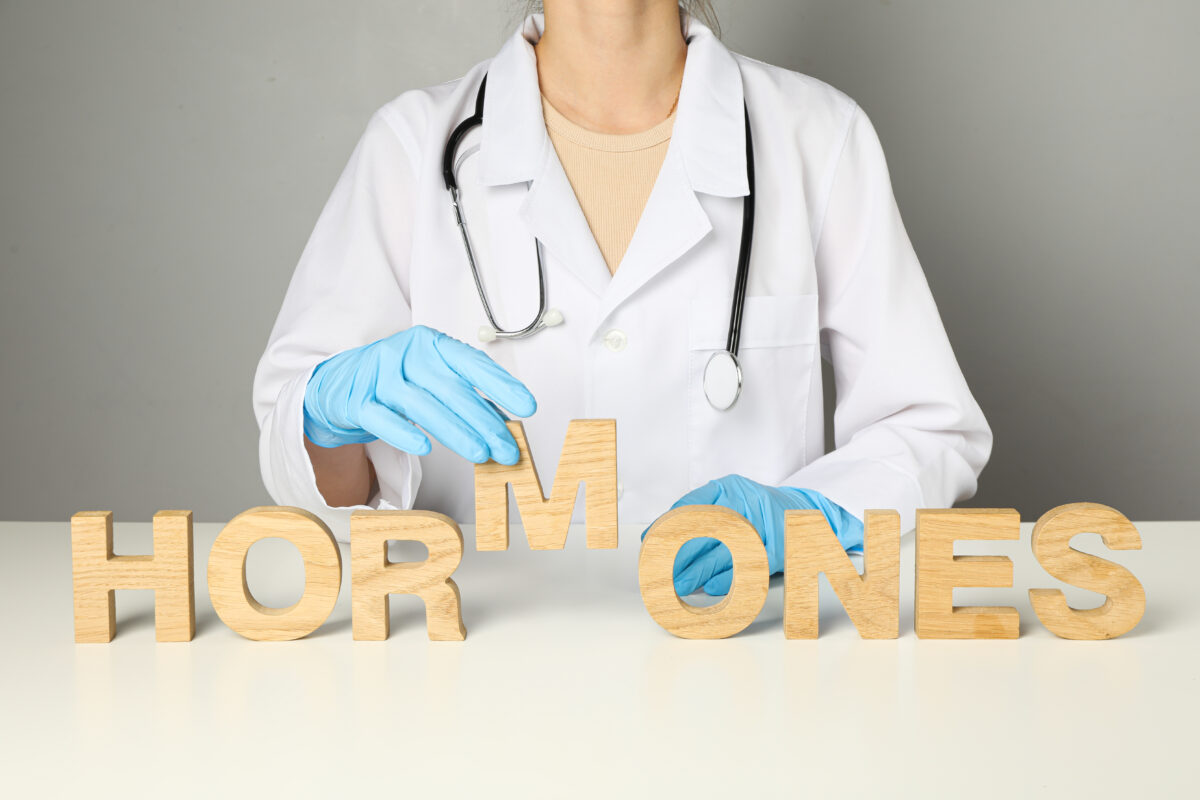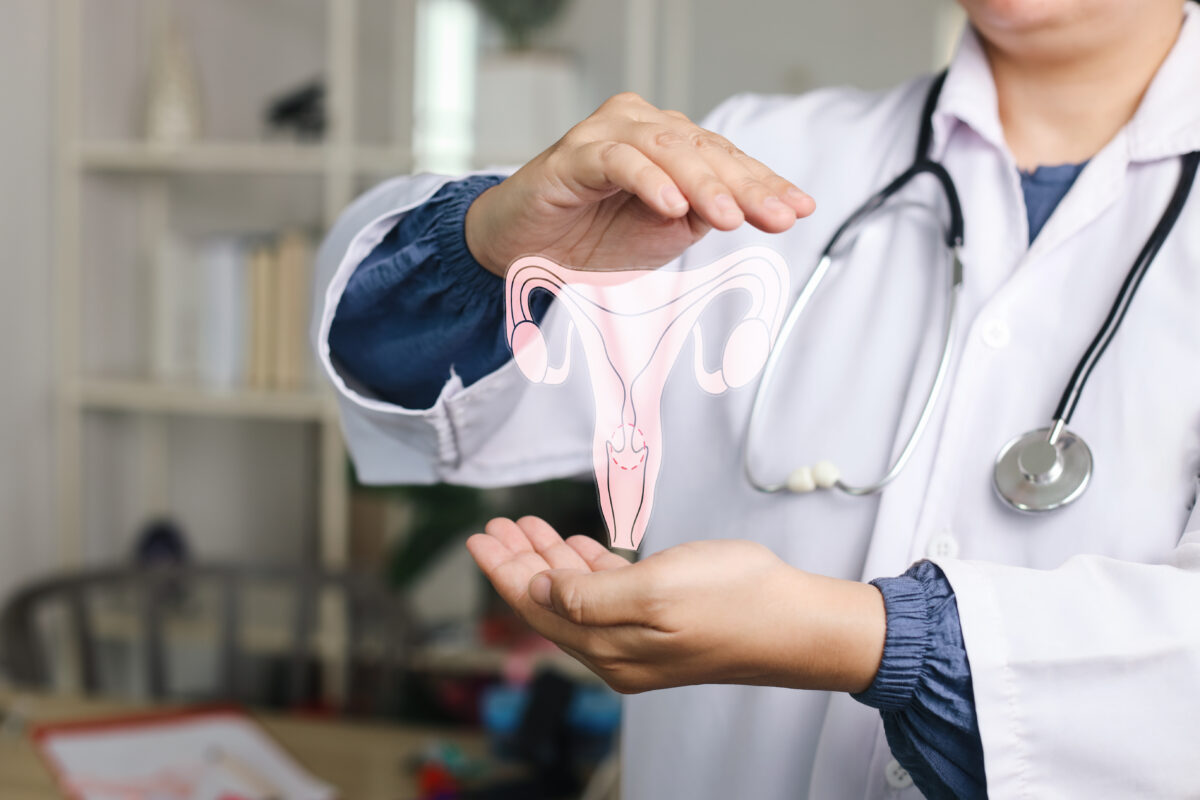Sperm donation is a generous act that can make the dream of parenthood possible for many couples and individuals who are facing difficulties conceiving.
This process begins with careful donor selection. Men interested in donating sperm must go through a series of rigorous medical and psychological evaluations to ensure that they meet the requirements established by the control entities (Invima).
Within the requirements, it is mandatory for donors to abstain from ejaculating for at least 48 hours before the collection session, which takes place in a private setting at the clinic or sperm bank. The collected samples are immediately analyzed to evaluate their quality, a process that evaluates the concentration, motility, quantity, and morphology of the sperm.
The sperm of eligible donors, who passed the selection process, is frozen at -196• Celsius, stored in the sperm bank and used as needed for assisted fertilization treatments such as artificial insemination or in vitro fertilization (IVF).
This meticulous process ensures that donated sperm samples are safe and effective in helping individuals and couples fulfill their desire to have children through assisted reproduction techniques.
What are the requirements to be a sperm donor?
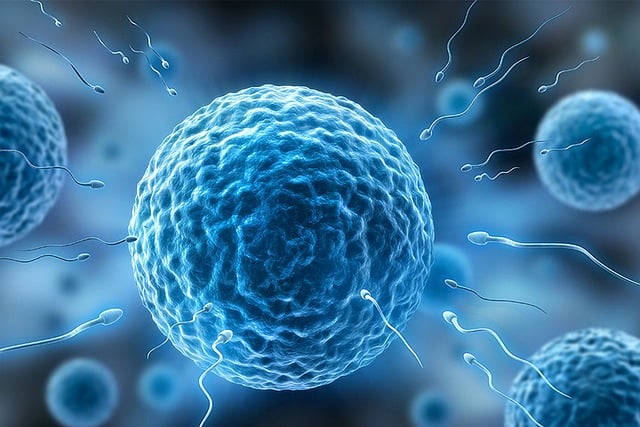
The requirements to be a sperm donor can vary depending on the country and the specific fertility clinic, but they generally include the following criteria:
- Age: Donors are usually young men, usually in their 20s and 30s.
- Good physical and mental health: Donors must be in good general health, with no serious or chronic medical conditions that may affect sperm quality. They carry out psychological evaluations and tests.
- Absence of hereditary genetic diseases: A study of their chromosome code (karyotype) and a test of carriers of recessive conditions (CGT plus) that detects 470 diseases are carried out. They are evaluated by a medical geneticist and a detailed family medical history is carried out to ensure that there is no history of hereditary genetic diseases that can be transmitted to the child conceived with the donated sperm.
- Healthy lifestyle: Donors should lead a healthy lifestyle, including a balanced diet, regular exercise, and avoiding tobacco, alcohol, and recreational drug use.
- Absence of communicable infections: Tests are done to check for sexually transmitted diseases (STDs) and other infections that may affect the health of the sperm recipient.
- Ability to commit to the process: Donors must be willing to commit to the donation process, which includes regular visits to the clinic for specimen collection and following instructions provided by medical staff.
- Psychological evaluation: A psychological evaluation is always done to ensure that the donor is emotionally prepared for the donation process and the potential emotional implications.
In the specific case of Fertivida, those interested must be resident in Bogotá, have knowledge of their family medical history and fill out a form to start the selection process.
Once the aforementioned requirements are met, plus the others that have already been addressed, the candidate must attend a general assessment, which includes an interview, sample taking, assessment and genetic studies, medical assessment – specialist, blood tests and a psychological assessment.
Keep in mind that giving life is a process in which many families place all their hope, so if you are interested in making this dream come true for other families, you must be available and meet all the requirements.

